Why is continuous learning important? Things are changing all around us and the most effective way to manage change is through continuous learning. Indeed, this is a good way of staying relevant, gaining in confidence and fulfilment, developing and adapting when things change.
Continuous learning may be simple on paper, but it’s about more than just consuming information.
How to develop continuous learning
1) Set yourself a clear and specific goal
If you want to achieve something, you have to want it and be motivated. There are no short-cuts. And the best way to show that you want something is to set yourself a clear and specific goal, whether it’s indulging a passion, changing things, improving yourself, validating yourself or changing your status.
2) Create a system or programme for learning
analysing the success of your projects when they are finished or setting yourself regular time slots for learning.
3) Create the spark
To want to learn, you have to know what you know and what you do not know. Do not hesitate to ask for feedback, take tests and be curious about new things. Realising that you need to progress in a particular area or subject will make you want to learn.
4) Be sociable
We learn best when we collaborate. Share your ideas, and create or join a network of experts who can help you. You must be able to discuss what you’ve learned, and what you still want to understand. This forces you to clarify your thinking or at least ask the right questions (which reinforces your learning).
5) Give yourself the right to make mistakes
Learning is done at the edge of your discomfort zone while capitalising on what you have already learned in your comfort zone. By engaging in projects and goals that stretch you, there will be opportunities to navigate between these comfort and discomfort zones. Volunteer to take part in a new project, or join a new team. Make sure you feel safe to experiment. Give yourself the right to make mistakes, as long as you are learning from your mistakes.
6) Ask for feedback
Adopt a growth mindset by regularly asking those who know you to give you their feedback. Identify the strengths that you can certainly improve on and that will boost your confidence and motivation. The feedback will also help you identify the areas where you need to improve.






